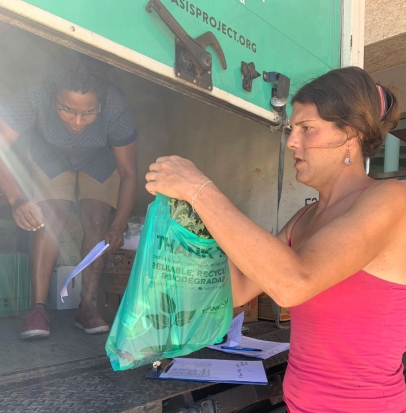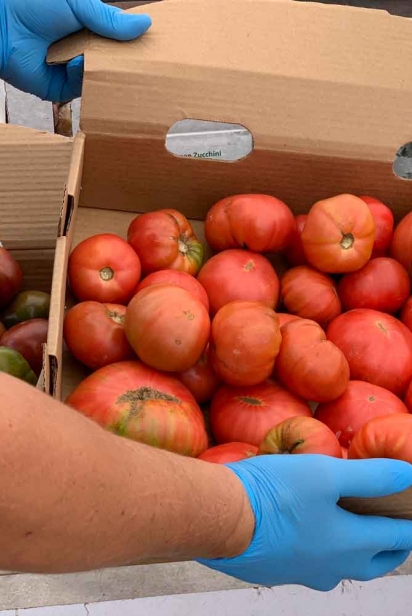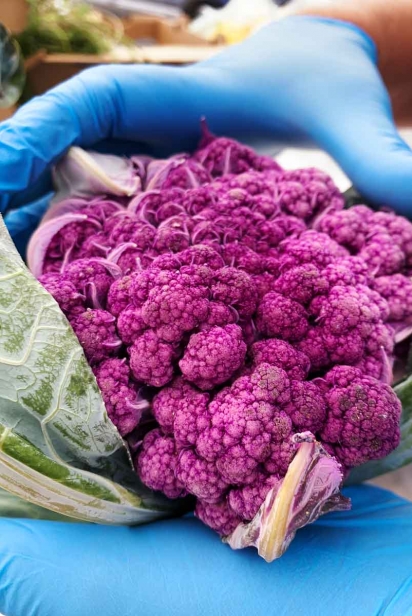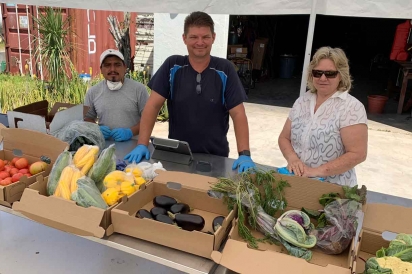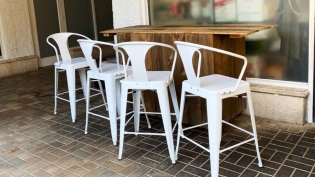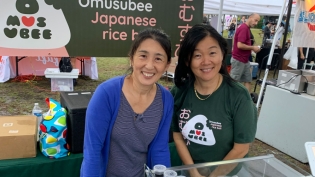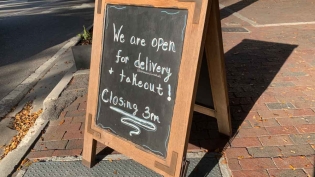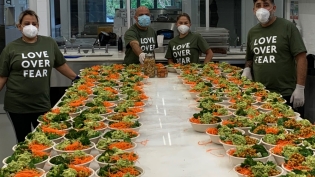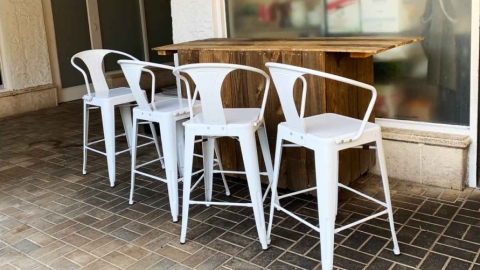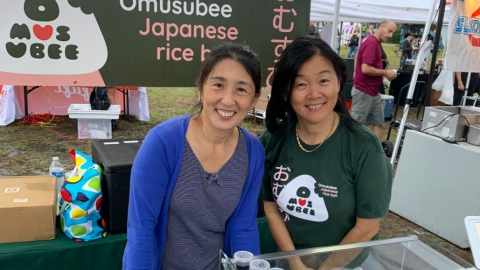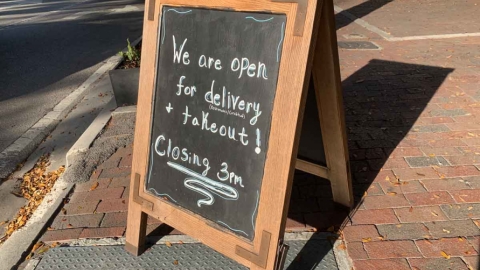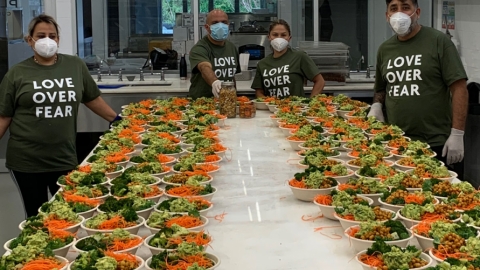Why, How, Where to Get Fruits and Veggies Now
If there were ever a time to buy South Florida-grown fruits and vegetables, this is it. Heirloom tomatoes, salads, eggplant harvested only hours before from Redland fields, touched only by a few hands before landing on your plate, are in season now. They fit the bill for being safe, delicious and nutritious.
Compare that to sorry-looking fruits and veggies gleaned from picked-over supermarket shelves, often products that traveled from Mexico and Central America making a long journey from picking to packing house to grocery stores.
The CDC says there’s currently no evidence to support transmission of COVID-19 associated with food. “In general, because of poor survivability of these coronaviruses on surfaces, there is likely very low risk of spread from food products or packaging that are shipped over a period of days or weeks at ambient, refrigerated, or frozen temperatures,” they say on their website. Coming into contact with people in supermarkets is another story. Shopping at local farmstands or ordering directly from farms is suddenly in demand.
Field to Table
When it comes to produce safety, “the less hands, the better,” says longtime farmer Michael Borek of Teena’s Pride tomatoes and Nana’s Greene CSA. “Your best option is U-picks,” where only one person handles the produce. But that’s not practical for everyone, so farm stands, where consumers can buy straight from the grower are another safe option. He’s opened up his farm on weekends for heirloom tomatoes, eggplant, greens and herbs, cauliflower and other vegetables. For fresh greens growing in the garden, consumers can choose what they want and have it harvested onsite. Customers can even stay in their cars and get curbside service.
Bee Heaven Farm’s Margie Pikarsky, who also operates a CSA, has opened up her farm on select Fridays (Mar. 27, April 10, April 24) for onsite sales. They're selling pre-packed loose items like cherry tomatoes, beans, salad and braising mixes, radishes and other offerings from local farms. No need for customers to touch the fruits or veggies, they advice – "point and we will place them in the shopping basket for you. We'll take it to the checkout, where well ring you up as you place your items into your own bags."
Delivering the Goods
Right now, community-supported agriculture (CSA) customers have kitchens that are well stocked with fresh produce from local farms, including kale, Asian greens, beets, squash, heirloom tomatoes, cauliflower and salad mix. People who signed up months ago for regular boxes of fresh produce from local farms get first crack at what’s growing here. Unlike many CSAs, Borek’s Nana’s Greene CSA allows members to buy in at any time during the season, offering pro-rated rates.
There are other delivery options if you didn’t buy into a CSA at the beginning of the season. Art Friedrich of Urban Oasis Project, which typically manage farmers markets that connect local farmers with consumers, is coordinating local produce deliveries in Miami. Just as restaurants that suddenly closed to the public hustled to pivot to a takeout and delivery model, closed-down farmers markets must convert to a pickup and delivery system.
Friedrich, who buys from various local farms, says they’ve been managing with spreadsheets so far to gather produce lists and share them with customers for orders. “We need to build a better online marketplace to create a virtual farmers market,” he says. In the meantime, their delivery-only plan over the weekend went well, he says. “It’s safe and sanitary, and people have been supportive,” he says. On Monday, they were packing deliveries for customers in downtown Miami in lieu of the closed Arsht Center farmers market, and they will be taking orders online for deliveries later in the week. Customers can find out about the latest info here.
Order Directly from the Farms
Typically, restaurants who work with certain farms get a list of available produce. Now that many restaurants have closed or are now ordering differently because of their takeout model, consumers are able to get those lists and prices and order directly from the farm, for pickup or delivery. Among those selling to the public:
Harpke Family Farm – This Broward farm has always been a wholesale, direct-to-chef producer of specialty produce until restaurants were closed. Now, they have opened to the public, selling heirloom tomatoes, arugula, carrots, lettuces, mcrogreens and micorherbs.
Cool Runnings Organic Farms – Located in the Redland, this organic farm sells a wide range of organic veggies, including broccoli, pumpkin, collards, chard, napa cabbage and more. Visit website or call 305-853-6310.
Bello Family Farms – Look for lettuce, microgreens and other produce from this Redland hydroponic farm.
Box Greens – Lettuces, arugula, microgreens and pea tendrils are among the offerings from this hydroponic farm in Little Haiti.
Little River Cooperative – Greens and vegetables available by order on their website to pick up from their farm.
White-Glove Service at Farm Stands
If you prefer shopping in person, some of Miami-Dade’s farms are offering curbside convenience throughout the week.
Redland Community Farm and Market in Homestead sells fresh produce and food from their cafe all week long.
Family Farms in Davie sells fresh produce and eggs alongside their u-pick.
Heritage Market in Redland is open Wed.-Sat. noon-5pm
Bringing Home Food Security
The term “food security,” a term that refers to the availability of food and access to it, may be getting more attention from the public now, says Friedrich.
“This is a really important time to talk about the values of a food system,” he says. “We’re really going to value our local farmers.”


